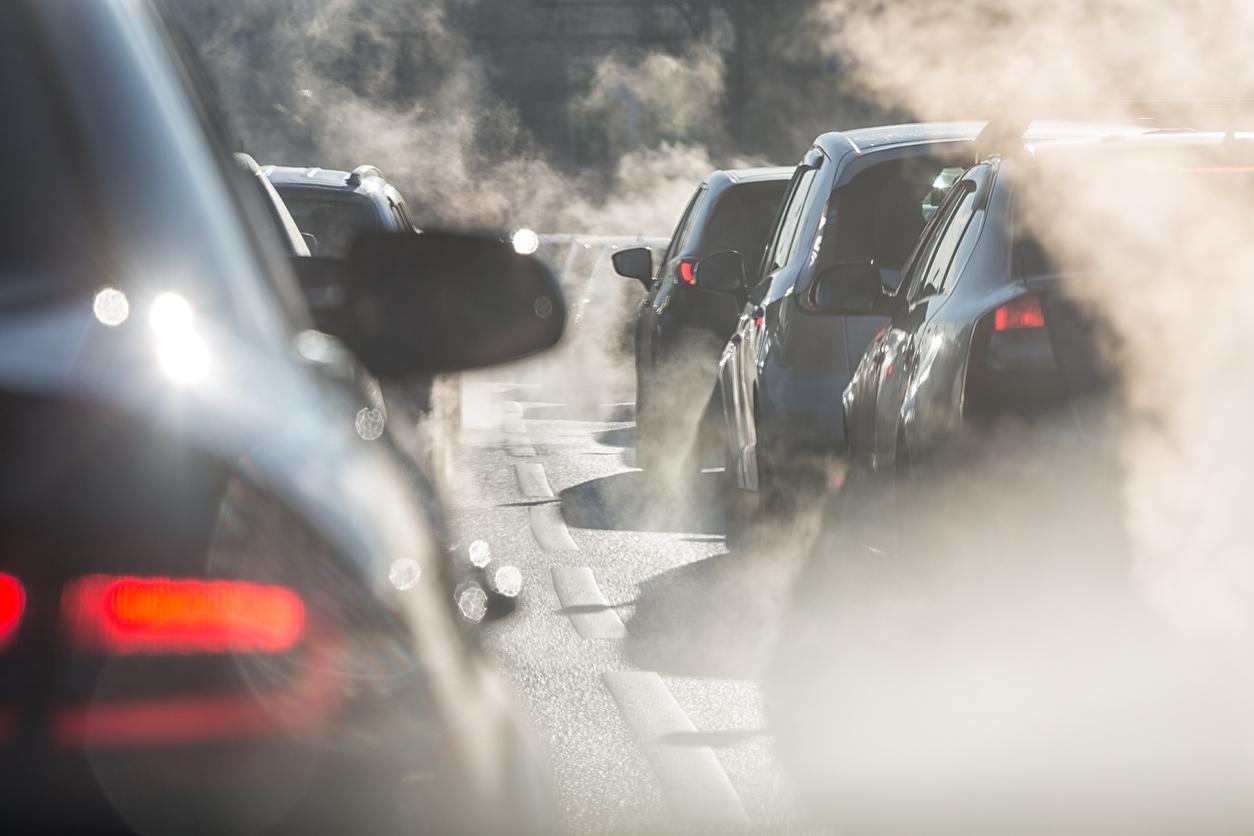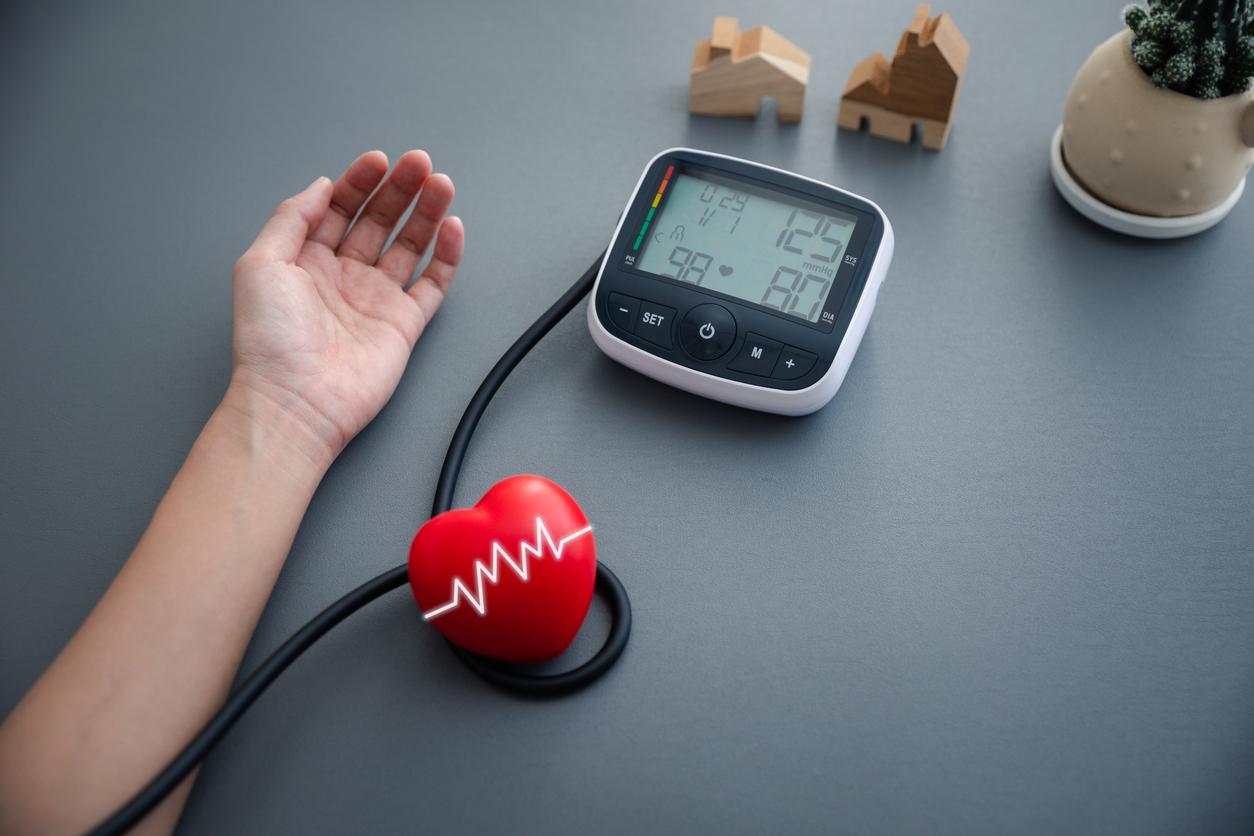Breathing air polluted by heavy road traffic can cause high blood pressure, according to a study which highlights the role of ultrafine particles.

- Hypertension, which is excessive blood pressure in the arteries, affects 1.28 billion people aged 30 to 79 worldwide, according to the World Health Organization.
- In this study, it appears that breathing air polluted by road traffic during rush hour “significantly” increased the net blood pressure of car passengers compared to times when the air was filtered.
- The origin of this increase could be linked to the high concentration levels of so-called ultrafine particles, less than 0.1 microns, or 100 nanometers.
Prolonged exposure to air pollution caused by road traffic has repeatedly been linked to increased rates of cardiovascular disease, asthma, lung cancer and death. Researchers have now linked breathing polluted air on busy roads to an increased risk of high blood pressure, which affects 1.28 billion people worldwide. Their work was published in the journal Annals of Internal Medicine.
Road pollution interferes with blood pressure
“The body has a complex set of mechanisms to keep blood pressure in the brain constantly at the same level. It’s a tightly regulated system, and it appears that somewhere in one of these mechanisms, pollution of Air circulation interferes with blood pressure.explains doctor Joel Kaufman, who led the study, in a communicated.
To better understand this link, already observed in the laboratory in a previous study, he and his team at the University of Washington (United States) carried out a very real experiment on healthy participants aged 22 to 45 years old. They drove them through Seattle traffic during rush hour while monitoring their blood pressure. They made three trips: two during which unfiltered road air could enter the car, and a final one, with the car equipped with filters blocking 86% of particle pollution. The participants did not know which one they were in, so as not to distort the results.

Hypertension “comparable to the effect of a diet rich in sodium”
Breathing unfiltered air was found to increase “considerably” (by more than 4.5 millimeters of mercury) the passengers’ net blood pressure compared to times when the air was filtered. The peak was reached after an hour of driving, and the level remained stable for at least 24 hours. “The increase was comparable to the effect of a high-sodium diet”note the scientists, who emphasize that “Spikes in blood pressure like this are associated with a significant increase in cardiovascular disease.”
Researchers are surprised that such “low pollution levels [puissent] affect blood pressure as much.. This could be linked, according to them, to so-called ultrafine particles, less than 0.1 microns, or 100 nanometers. In the study, in fact, the overall level of pollution measured by the concentration of fine particles (less than 2.5 microns/PM 2.5) was “relatively weak”but the levels of ultrafine particles were, “students”. The hypothesis is that these tiny particles, the size of a DNA molecule, “are particularly important for blood pressure”concludes Joel Kaufman, who intends to conduct additional research on the issue.














